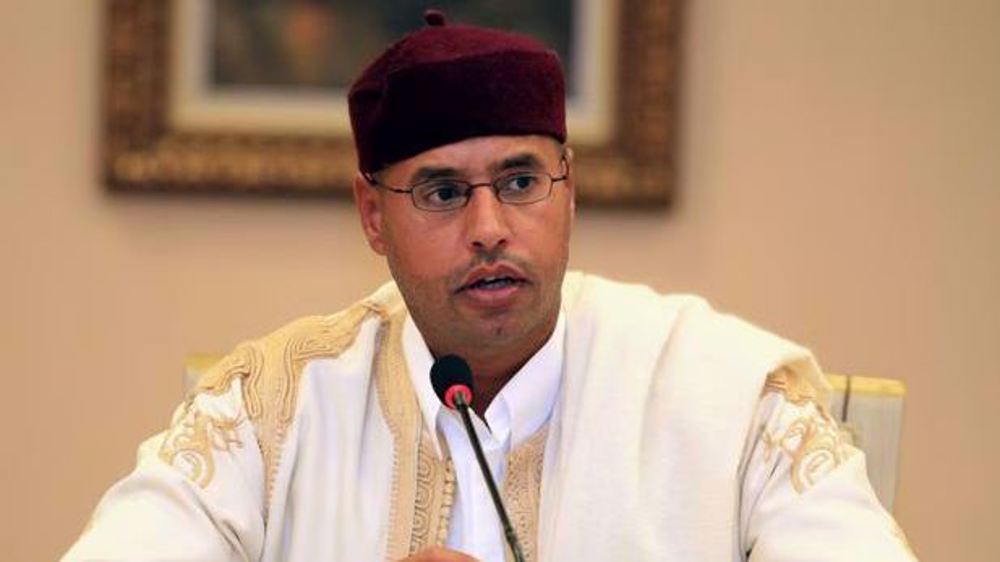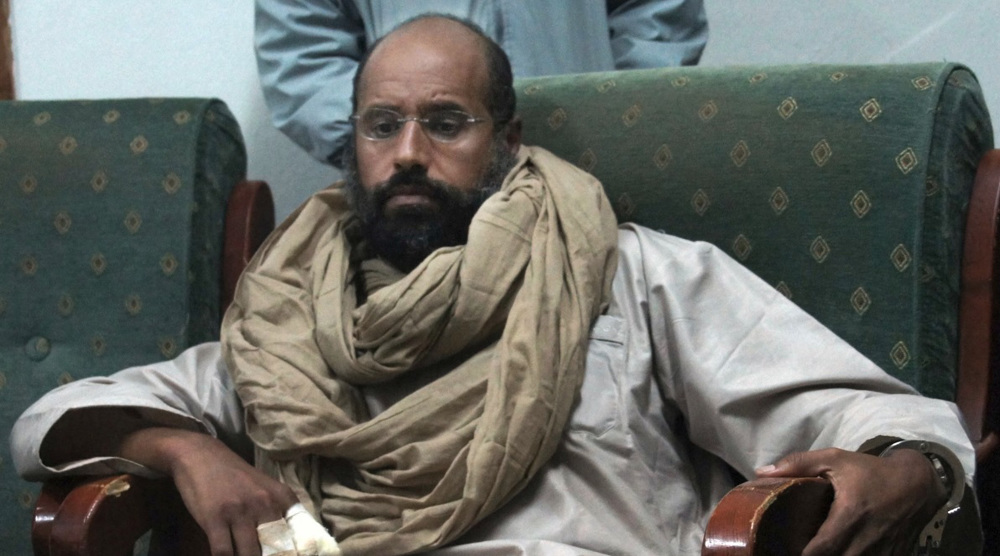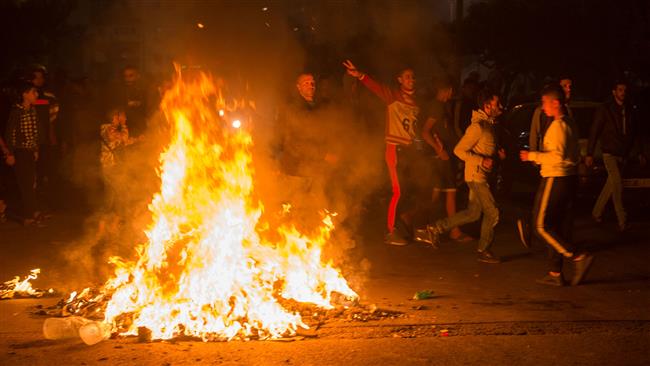UN chief pushes for constructive Western Sahara talks
UN Secretary-General Antonio Guterres has called on all parties meeting to discuss the long-running Western Sahara dispute this week in Geneva to be constructive and avoid imposing preconditions for formal talks.
In a Tuesday statement released by his spokesperson, Guterres “urges all to engage in good faith, without preconditions and in a constructive spirit in the discussions,” which were due to begin on Wednesday with the participation of representative of Morocco, the Polisario Front, Algeria, and Mauritania, along with a UN envoy.
The UN chief further expressed his backing for the UN envoy, former German president Horst Koehler, who is seeking to revive talks to resolve the prolonged Western Sahara conflict.
The two-day roundtable talks are aimed at relaunching negotiations on the persisting dispute that have been stalled since 2012 as the UN has repeatedly failed to broker a settlement in Western Sahara, where Morocco and the Algerian-backed Polisario Movement fought for control from 1975 to 1991.
A UN peacekeeping mission has been dispatched to the contested area since 1991 to monitor a ceasefire and organize a referendum on the status of Western Sahara, though the objective never materialized.
While Morocco maintains that any negotiation over the territory should focus on its proposal for autonomy, the Polisario insists that the status of Western Sahara must be determined by holding a referendum on independence.
The UN Security Council (UNSC) has pressed to relaunch the talks while pointing out that the UN mission there, MINURSO, should not remain if the parties are unwilling to seek a settlement.
The UNSC also voted in October to extend the mission for six months, setting a deadline for progress in a renewed push for a settlement.

The latest UN report on Western Sahara cited accounts of “serious human rights violations” committed by Moroccan police, such as arbitrary arrests, and the ill-treatment and torture of those pushing for self-determination.
The evaluation, which came last month, also referred to reports of “excessive surveillance operations” targeting journalists and human rights campaigners.
It additionally highlighted the Polisario’s de facto authority over the Tindouf camps and concerns over rights abuses there.
The North African territory sits on the western edge of the vast Sahara desert, stretching along about 1,000 kilometers of Atlantic coastline.
Bordering Morocco to the north, Algeria to the east, and Mauritania to the south and southeast, it sits atop large reserves of phosphate and has rich offshore fisheries.
After Spain withdrew from the then-colonized territory in 1975, Morocco moved in, claiming that it was an integral part of the kingdom.
It was opposed by the Polisario Front, which resorted to an armed struggle to fight for independence.
The dispute was referred to the International Court of Justice in The Hague, which ruled in favor of self-determination.
In November 1975, however, nearly 350,000 Moroccans took part in the so-called Green March to the border to press the kingdom’s claim.
In February 1976, the Polisario Front proclaimed the Sahrawi Arab Democratic Republic (SADR), with the support of allies, including Algeria and Cuba.
The SADR is a member of the African Union but controls only 20 percent of its territory, mostly empty desert.
VIDEO | Campaign to boycott Israeli ‘apartheid dates’ in UK intensifies during Ramadan
VIDEO | Pakistan launches Operation Ghazab lil-Haq after Afghan border firing
VIDEO | Pakistan condemns Israel’s expansionist agenda in Palestine at OIC
Rubio warns US envoys against undermining Trump’s pressure campaign targeting Iran: Report
Iran, Qatar stress continuation of diplomacy towards preserving regional peace, stability
Majority of Americans support Palestinian state as Israel backing declines sharply: Poll
New Israeli strikes kill more Palestinians across Gaza in 'serious violation' of ceasefire
Maliki urges respect for Iraq's sovereignty in meeting with Trump's special envoy













 This makes it easy to access the Press TV website
This makes it easy to access the Press TV website